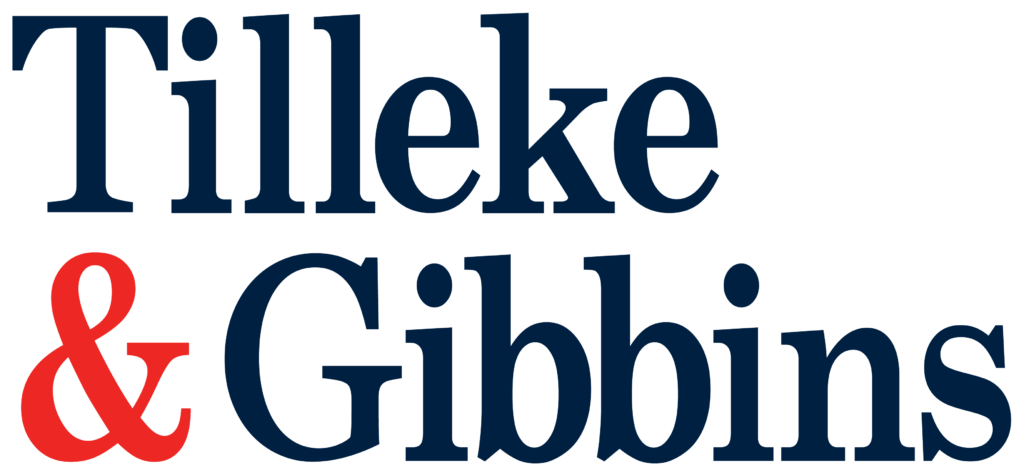The Royal Decree issued under the Revenue Code B.E. 2481 (1938) on the Exemption from Taxes (No. 779) B.E. 2566 (Royal Decree No. 779), which came into force on August 16, 2023, provides exemptions from corporate income tax (CIT) and value-added tax (VAT) for the qualifying transfers of digital tokens for investment.
Transfers of these digital investment tokens—as opposed to securities transfers—have been subject to taxes. By establishing CIT and VAT exemptions, Royal Decree No. 779 introduces incentives in order to promote digital investment tokens as a new alternative tool for fundraising. The authorities hope that this will stimulate investment in the country’s economic system and elevate the standards for digital assets in Thailand.
The key points of Royal Decree No. 779 are summarized below.
Digital Investment Token Definition
Royal Decree No. 779 and relevant digital asset regulations define “digital investment tokens” as a type of digital tokens that grant the holder the right to invest in a project or business, with the holders of the digital investment tokens receiving a share of revenue or profits as a return on their investment. In this way, digital investment tokens resemble securities.
Tax Exemptions
Primary Market
Royal Decree No. 779 exempts companies and registered partnerships that legally issue and offer digital investment tokens for sale to the public (i.e., the primary market) from CIT and VAT on income or the value of the tax base earned from the sale. These exemptions apply to all primary market issuance from May 14, 2023, onward.
However, the relevant notifications of Thailand’s Securities and Exchange Commission only allow limited companies (private and public) incorporated under Thai law to offer digital tokens for sale. Therefore, registered partnerships will not yet be able to benefit from the tax exemptions in Royal Decree No. 779.
If a digital token has the characteristics of both a digital investment token and a digital token issued for other purposes, the CIT and VAT exemptions described above apply only to the digital investment token part of the instrument if the token’s characteristics as a digital investment token and a digital token issued for other purposes can be differentiated.
Qualified companies (and registered partnerships, if the law changes in the future) must comply with the criteria, methods, and conditions to be issued by the director-general of the Revenue Department.
Secondary Market
In the secondary market, transfers of digital investment tokens to a third party are exempt from VAT. This exemption, which is available to both natural and juristic persons, applies to all transfers from May 14, 2023, onward.







